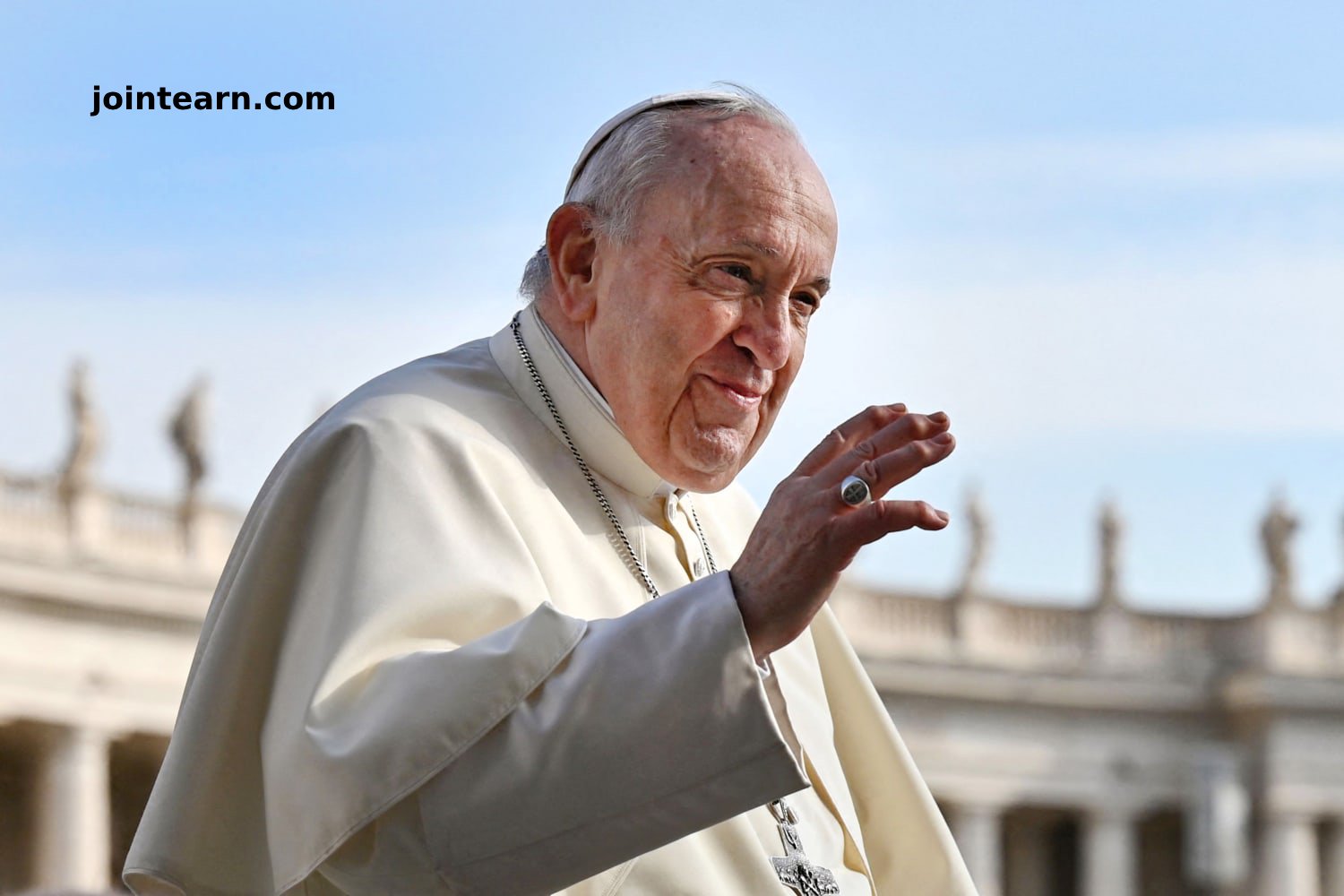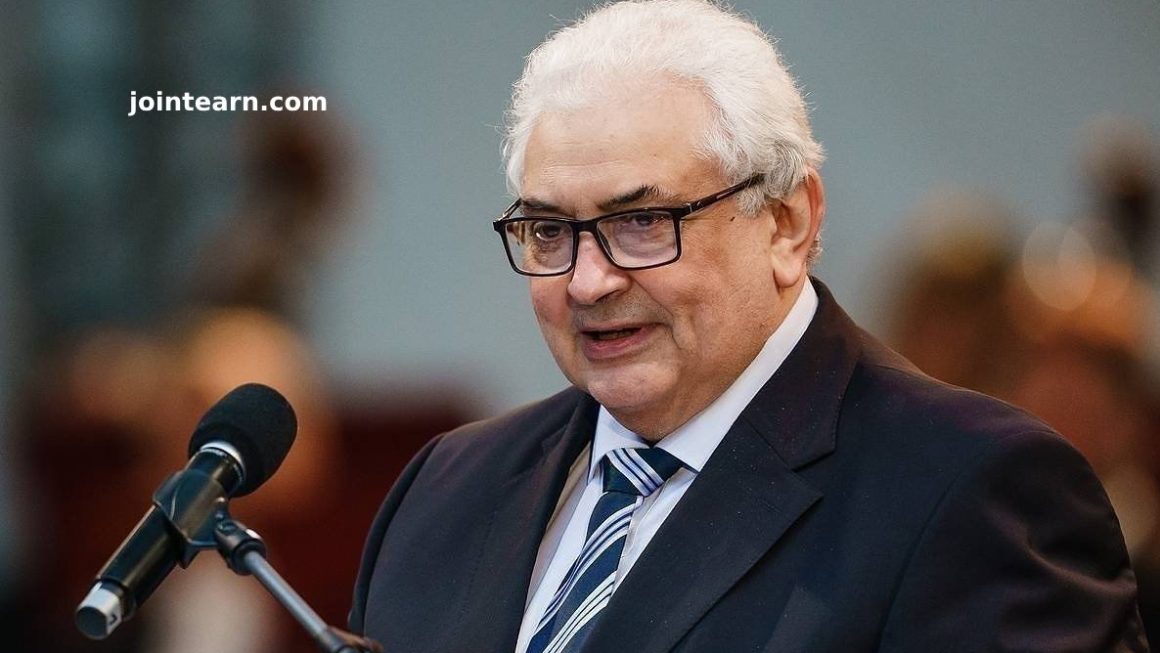As the Catholic Church enters a new era, the next pope inherits not only spiritual responsibility—but also a financial crisis that Pope Francis spent over a decade trying to resolve. Despite his deteriorating health, Pope Francis remained committed to Vatican financial reform until his final days, launching initiatives to stabilize the Holy See’s struggling finances from his hospital bed.
Pope Francis and the Vatican’s Financial Transformation
When Pope Francis assumed the papacy in 2013, the Vatican’s finances were in disarray. The Holy See was grappling with chronic budget deficits, financial mismanagement, and a legacy of scandal, including the infamous Banco Ambrosiano affair. Recognizing the urgent need for transparency and accountability, Francis launched a sweeping financial reform strategy to restore trust and modernize the Vatican’s money management practices.
From cutting cardinal salaries and eliminating lavish staff perks to enforcing zero-deficit policies, the pontiff implemented some of the most aggressive cost-cutting measures in Vatican history. In 2021 alone, he reduced the pay of approximately 250 cardinals multiple times and stripped elite staff of generous housing subsidies in a bid to balance the books.
A Global Strategy to Overhaul the Holy See’s Budget Crisis
One of Pope Francis’s first major financial decisions was assembling a high-level committee of global business leaders to identify and address the Vatican’s biggest fiscal inefficiencies. Executives from major financial institutions—including Invesco, ERGO, and Malta’s largest bank—were brought in to draft a plan for sustainable economic governance.
Rather than operating from the traditional Apostolic Palace, the Pope hosted meetings at his humble residence in Casa Santa Marta—symbolizing his hands-on, results-driven approach. He stressed that financial credibility was essential to supporting the Church’s mission to help the poor.
“We must make money for the poor,” the Pope declared, likening the Vatican’s finances to a bloated bureaucracy in need of transformation into a lean, self-sustaining organization.
Vatican Financial Transparency: A Legacy of Reform
Under Francis’s direction, the Vatican partnered with global consulting firms like KPMG, Deloitte, and EY to establish modern accounting systems and perform comprehensive audits. A newly formed Secretariat of the Economy centralized control and oversight, with leadership entrusted to professionals with academic and financial expertise rather than clerical status alone.
This era of Vatican financial transparency marked a significant shift. One notable case exposed a corrupt $400 million real estate deal in London, leading to multiple arrests—including that of a high-ranking cardinal. This time, Vatican courts delivered real consequences, signaling a new era of accountability.
Financial Challenges That Remain
Despite major progress, the Vatican still faces ongoing financial challenges—particularly within the Curia, the Catholic Church’s vast bureaucratic engine. Unlike the City State (which generates steady revenue from tourism and Vatican Museum ticket sales), the Curia remains plagued by structural deficits, underfunded pensions, and mounting obligations to retired clergy.
The Holy See’s annual budget hovers between $800 million and $900 million, with recurring shortfalls exceeding $50 million—even after tapping into Peter’s Pence, a global donation fund meant to support the poor.
Francis had long championed the idea of returning Peter’s Pence to its original charitable mission, but did not live to fully realize that vision.
The Future of Vatican Money Management
Pope Francis’s legacy is defined not only by his spiritual leadership, but also by his determined pursuit of Vatican financial reform. By instilling corporate best practices, tightening controls, and emphasizing transparency, he laid the groundwork for a more sustainable future.
Yet the work is far from complete. The next leader of the Catholic Church must possess not only moral clarity, but also a keen sense of financial strategy to continue this essential mission. Without strong stewardship, the Vatican risks slipping back into the opaque, crisis-prone practices of its past.
The world now watches to see whether Pope Francis’s successor will continue his legacy of financial integrity and reform—or let the Church’s fiscal future fall back into uncertainty.












